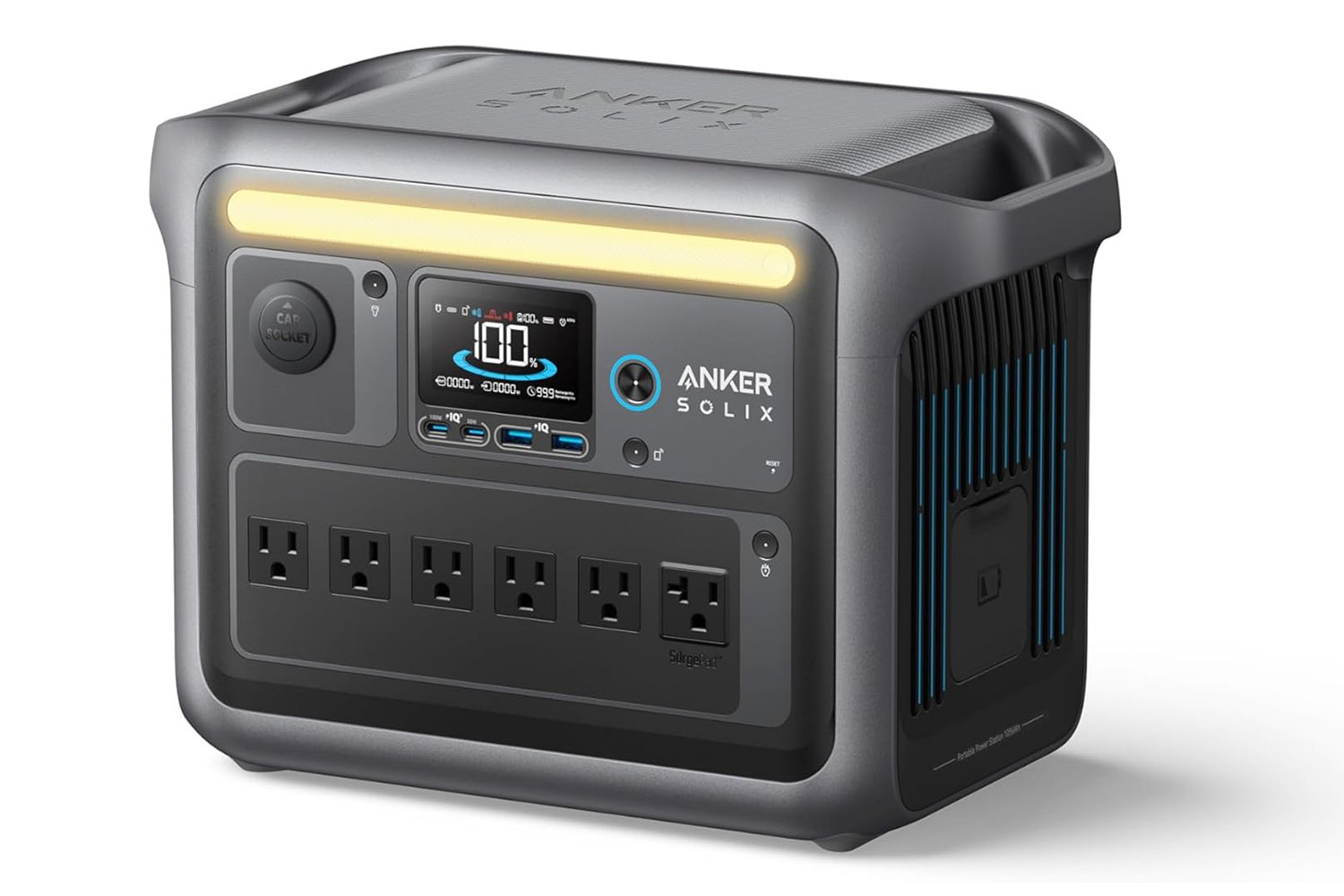Here is the rewritten content:
Seattle-based Temporal has established itself as a leader in the microservices space, offering a platform to manage the complexities of building and operating integrations and updates across disparate services and apps in the cloud. However, with the rapid emergence of AI, Temporal has secured a $146 million growth round to focus on the next phase of its development: incorporating AI, specifically in the realm of agentic AI and microservices.
A significant portion of the investment will be allocated to research and development. Following the launch of its Nexus feature in Temporal Cloud at the end of 2024, which enhanced security, fault isolation, and modularity, the company plans to continue expanding this feature, as well as introduce public cloud availability for Azure, facilitating greater cross-cloud collaboration. Additionally, Temporal will dedicate funds to sales and marketing initiatives.
The funding round is led by Tiger Global, with participation from existing investors, including Index Ventures, which led the Series B, and Sequoia Capital, which led the Series A. This Series C round brings Temporal’s total funding to $350 million.
While the round is substantial, it’s essential to consider the valuation. According to TechCrunch, Temporal’s post-money valuation now stands at $1.72 billion, representing a slight increase, as described by CEO and co-founder Samar Abbas. This valuation is up from the $1.5 billion valuation during the company’s $75 million Series B extension in February 2023.
Abbas and his co-founder Maxim Fateev, who serves as CTO, founded Temporal after working together at Uber, where they developed the Cadence open-source orchestration engine. Recognizing the broader need for microservices management, they established Temporal to address this challenge.
Temporal’s microservices orchestration platform has been in use since 2019, helping customers manage functions and actions across various apps. More recently, AI-powered services, particularly those utilizing agentic AI, have emerged as a primary use case for microservices. Temporal’s client list, which includes Box, Instacart, Snap, Stripe, and Nvidia, demonstrates the company’s growing presence in this space.
Notably, Nvidia, a prominent player in the AI landscape, has developed a microservices software platform called NIM to optimize the deployment of AI models in production environments. Temporal’s collaboration with Nvidia underscores the increasing importance of microservices in supporting AI applications.
Temporal continues to grow, with revenues increasing 4.4x over the past 18 months. The company’s Temporal.io open-source platform now boasts 183,000 active users, while its enterprise managed service, Temporal Cloud, claims 2,500 customers. Although growth has slowed compared to the previous year, the need for reliable execution of long workflows remains a pressing concern.
The “durable execution” category, pioneered by Abbas and Fateev, may not be as flashy as AI-generated images, but it is a critical aspect of microservices management. Other companies, such as Restate and Orkes, have entered this field, highlighting the growing demand for reliable workflow execution.
Abbas, who took over as CEO in April of last year, has been driving the company’s vision and strategy. With Fateev focusing on technology and long-term planning, Abbas is responsible for executing the company’s mission, which includes expanding the team from 250 employees to over 300 in the coming months and increasing its presence in EMEA and Asia-Pacific & Japan.
Source Link





